Lure of the Local(e)
Brandon Ng
October 21 – December 2, 2022
Opening Friday October 21 6–8pm
Hours
Wednesday 11–3pm
Friday 3–7pm
Saturday 11–3pm
Brandon Ng
October 21 – December 2, 2022
Opening Friday October 21 6–8pm
Hours
Wednesday 11–3pm
Friday 3–7pm
Saturday 11–3pm
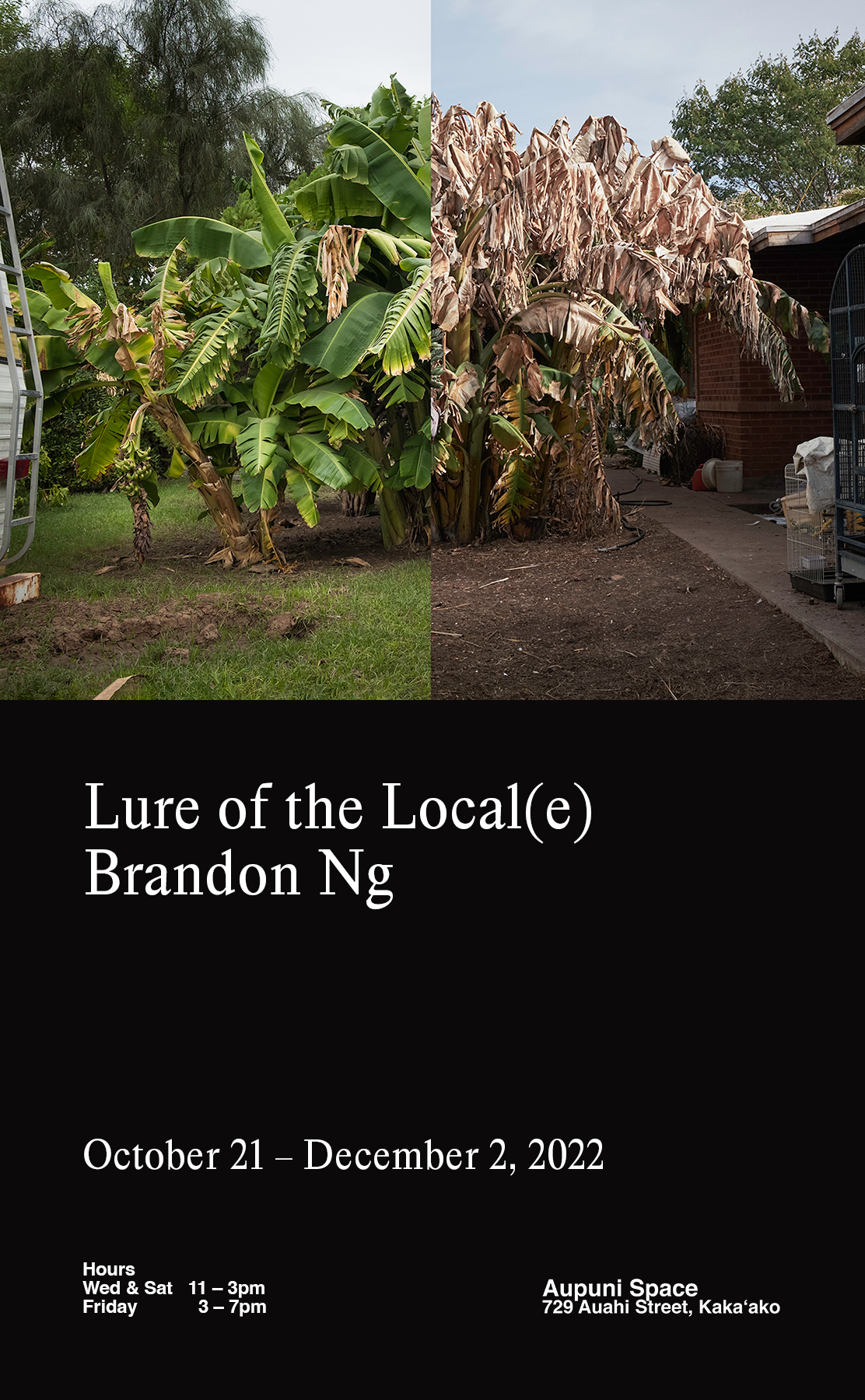
Aupuni Space presents Lure of the Local(e), a solo exhibition by Brandon Ng.
Lure of the Local(e) addresses the complexity of belonging by investigating the spaces where history and the body overlap. Utilizing portraiture, objects, and photographic sculpture, Ng reflects on his experiences in Hawaiʻi and the continental United States to explore how land and place specificity affect individual and collective positionality.
The development of this body of work stems from Ng's time in the American southwest. Distilled from this foray away from home, Ng interrogates a constellation of experiences as "local" and of "local culture" that reflect on place and displacement in relation to Hawaiʻi's global diaspora.
Lure of the Local(e) samples Lucy Lippard's book The Lure of the Local: Sense of Place in a Multicentered Society. This text focuses on how the body connects to place by examining its relationship to history, geography, and culture. Including an "e" at the end of the word local calls attention to the body and place specificity while simultaneously referring to "local culture," a particular political and cultural identity marker in Hawaiʻi. This paronomasia acknowledges subversive notions of land passivity while activating dialogue addressing race, power, and settler colonialism. In doing so, Ng asks himself and the viewer to consider not if I belong but rather how I belong.
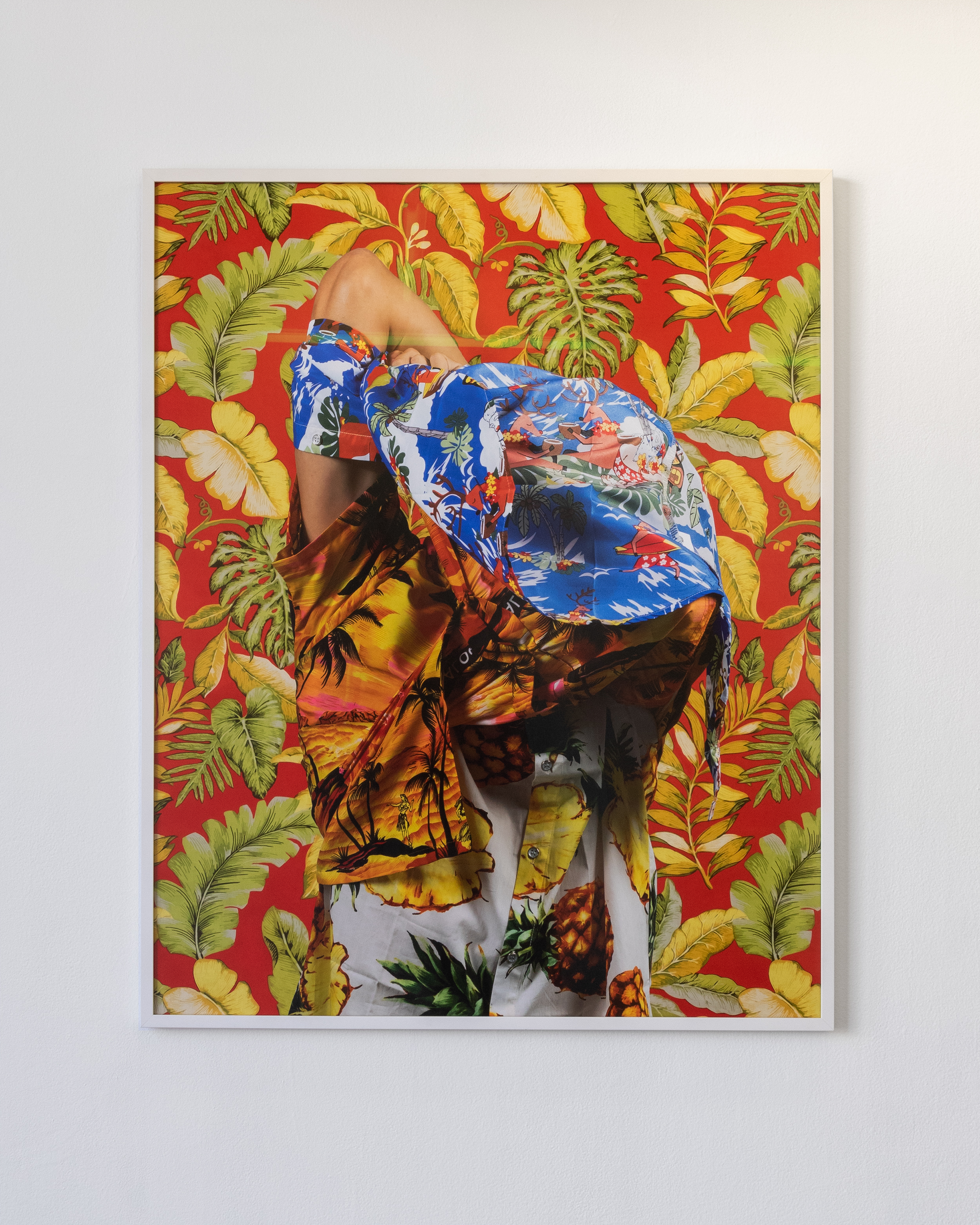
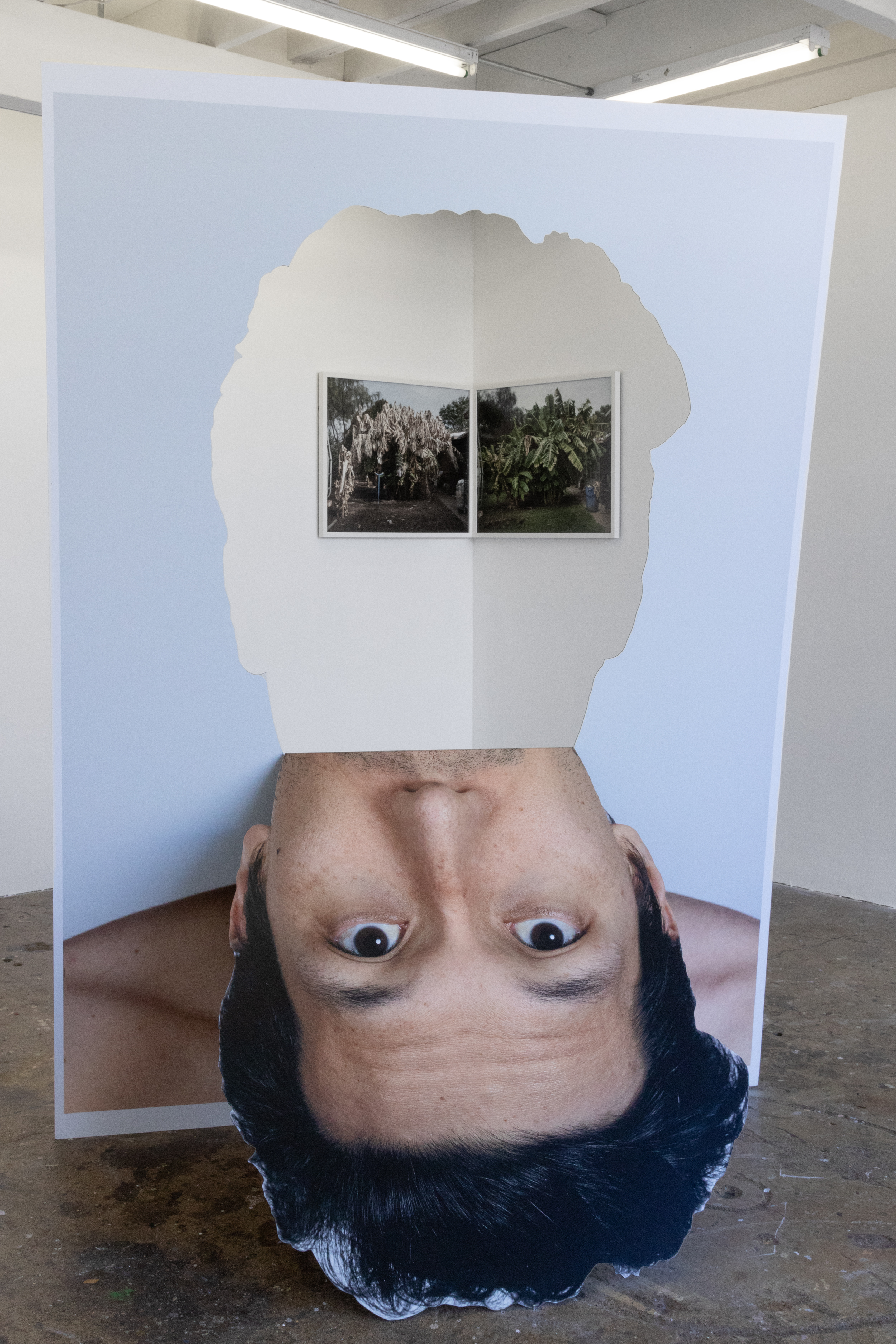
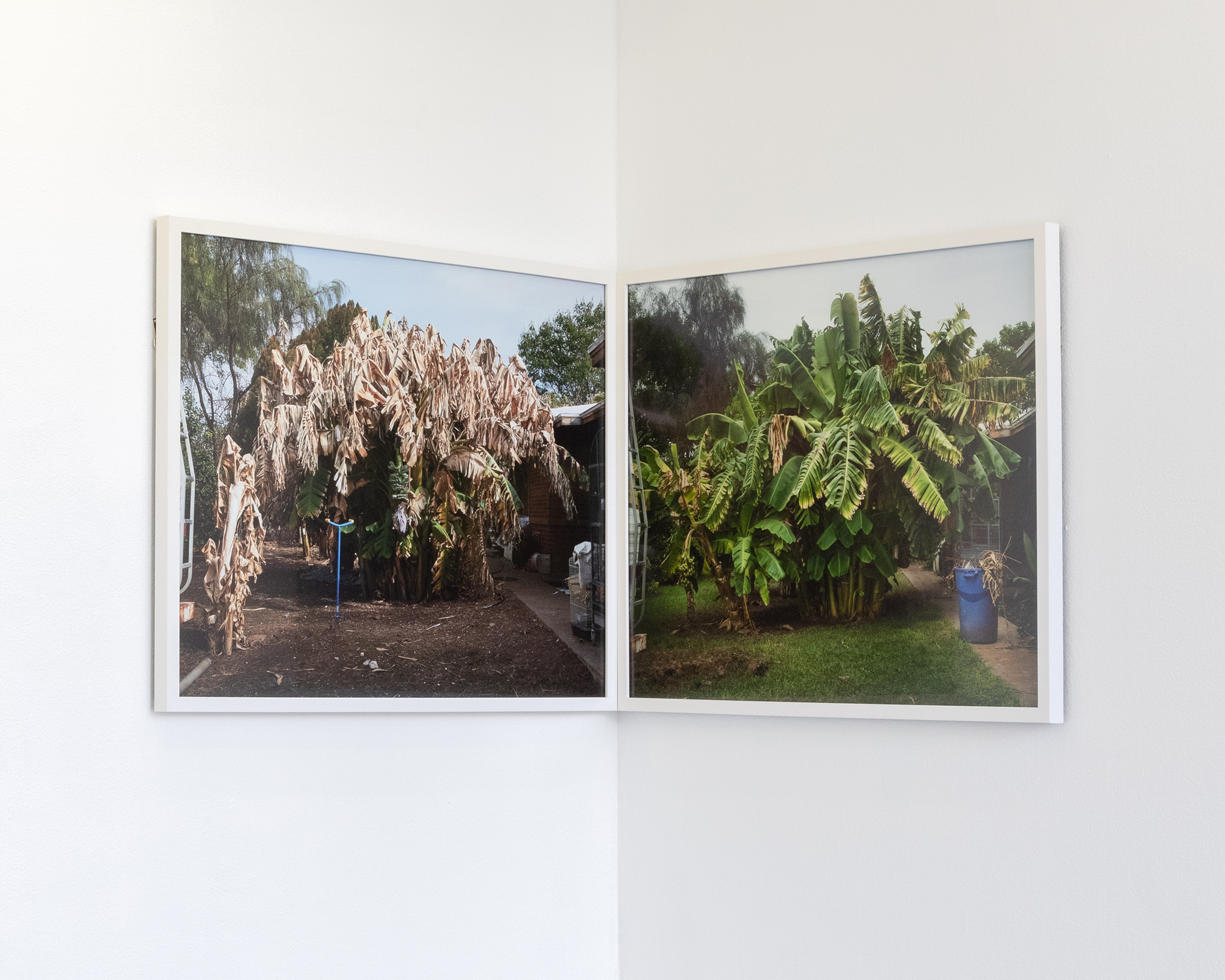
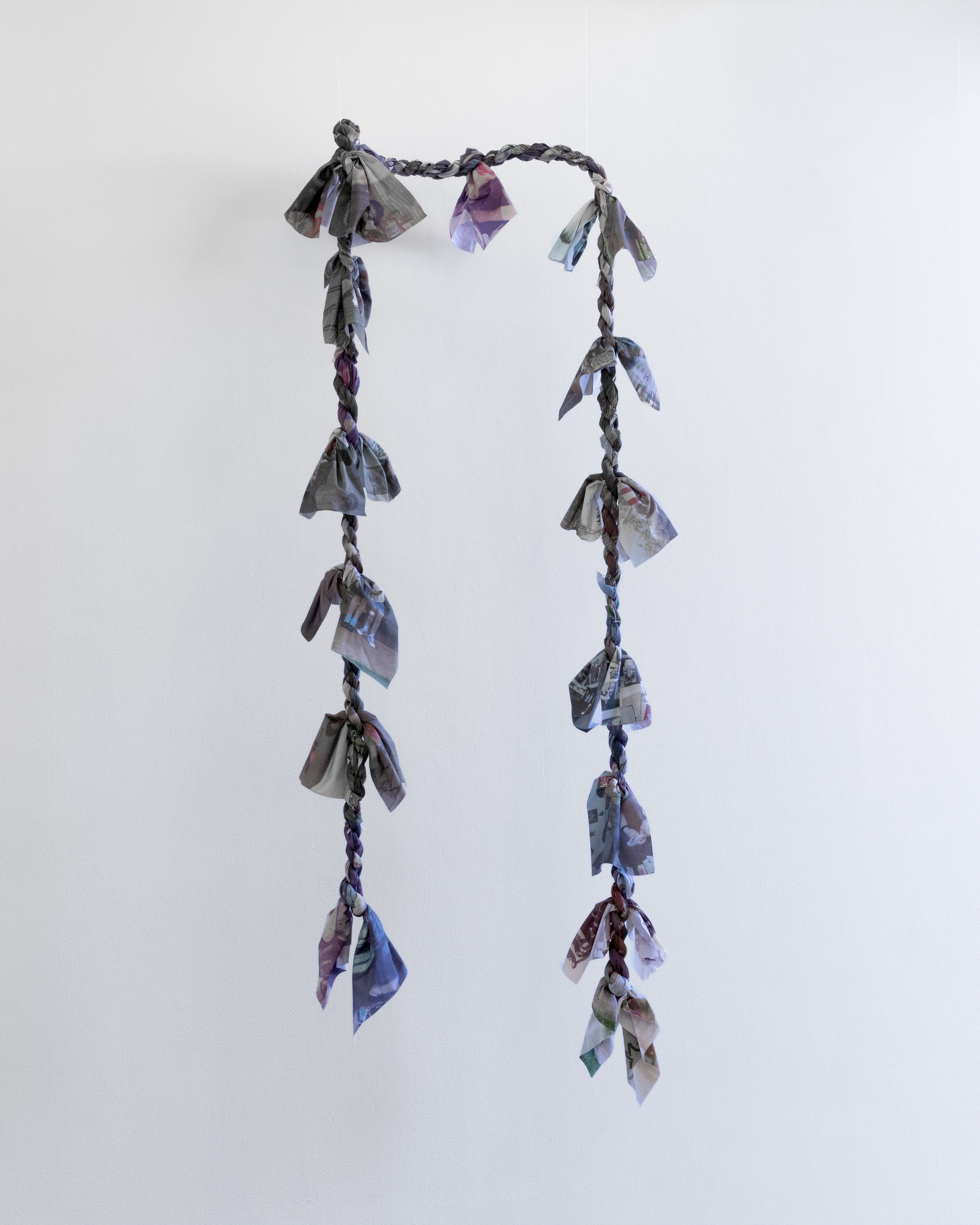
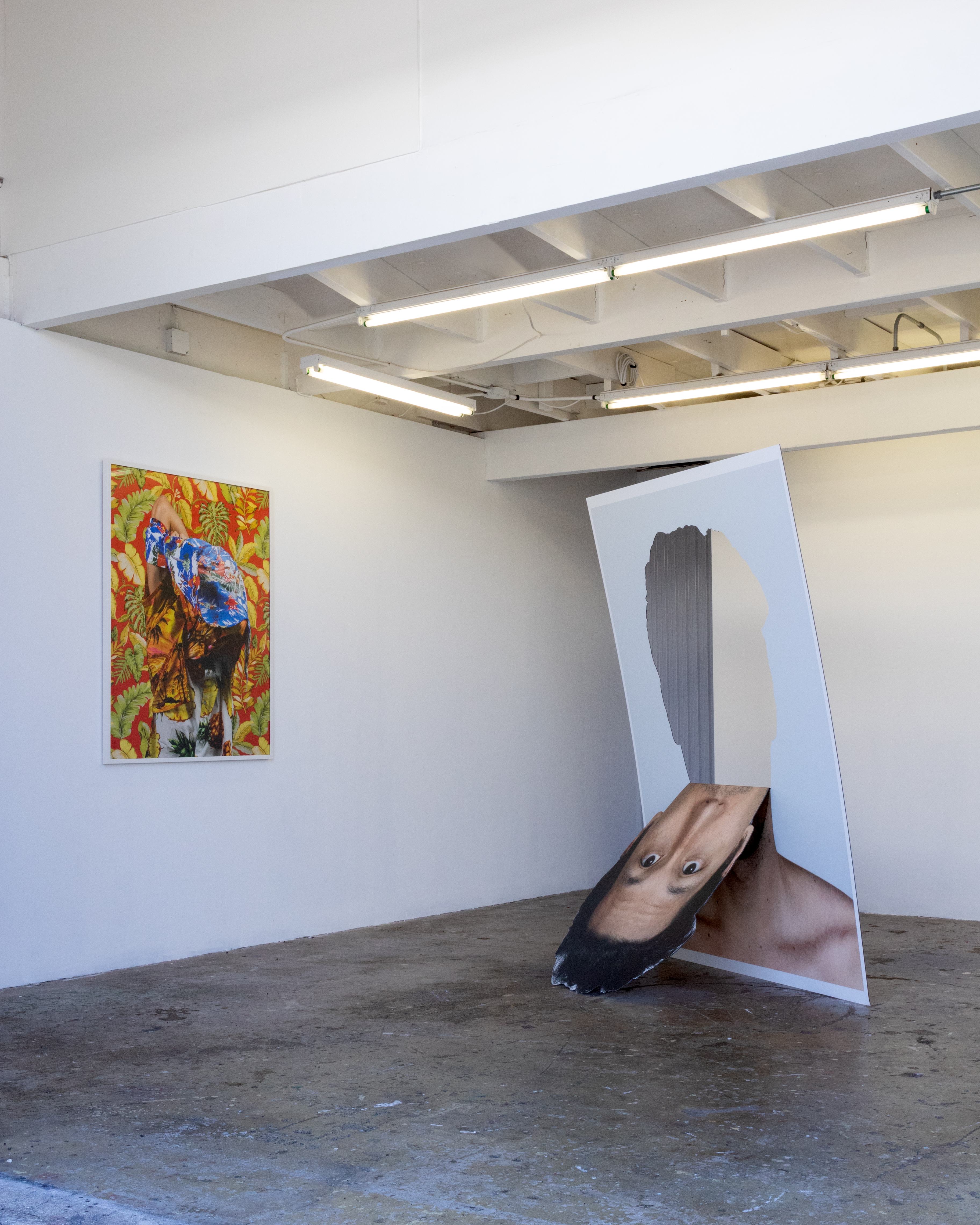
November 30th Potluck and Talk Story; Brandon sits down with Travis Hancock to discuss the show and themes of home, belonging, and place.
Brandon Ng (b. 1984, Honolulu, HI) received his BFA from the University of Hawaiʻi at Mānoa (2012) and his MFA at Arizona State University (2020). Ng's work investigates the intersections between place, persona, and positionality. His photographic and installation works deconstruct historical narratives to examine social systems that are exclusionary and oppressive. Being a product of settler colonialism in Hawaiʻi, Ng is partial to policies that affect Oceania's contemporary social and cultural issues and their overlap with the United States.
